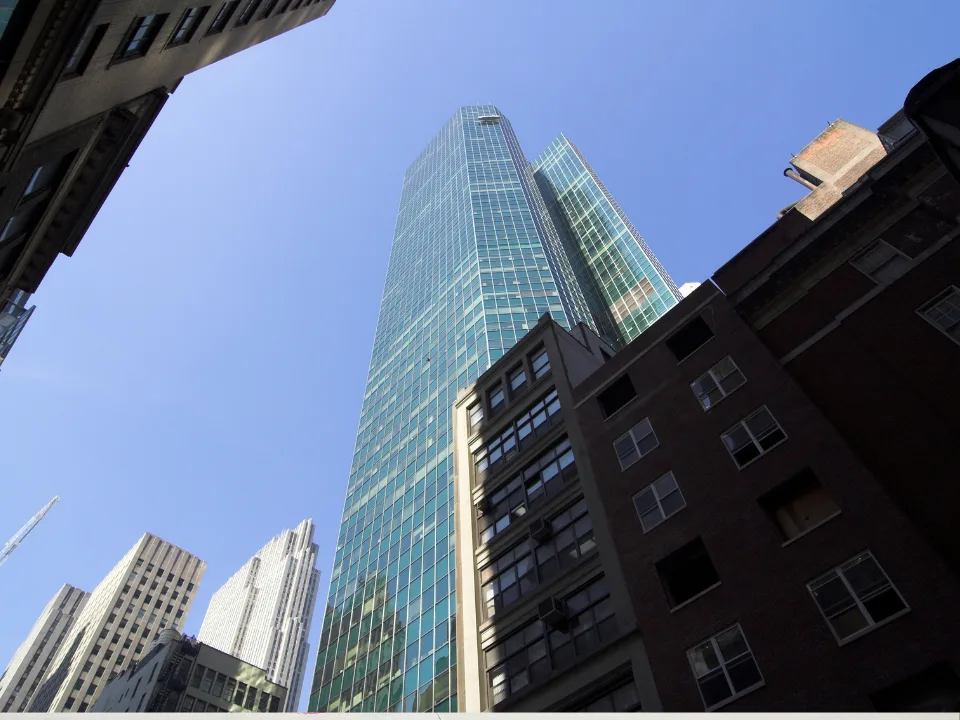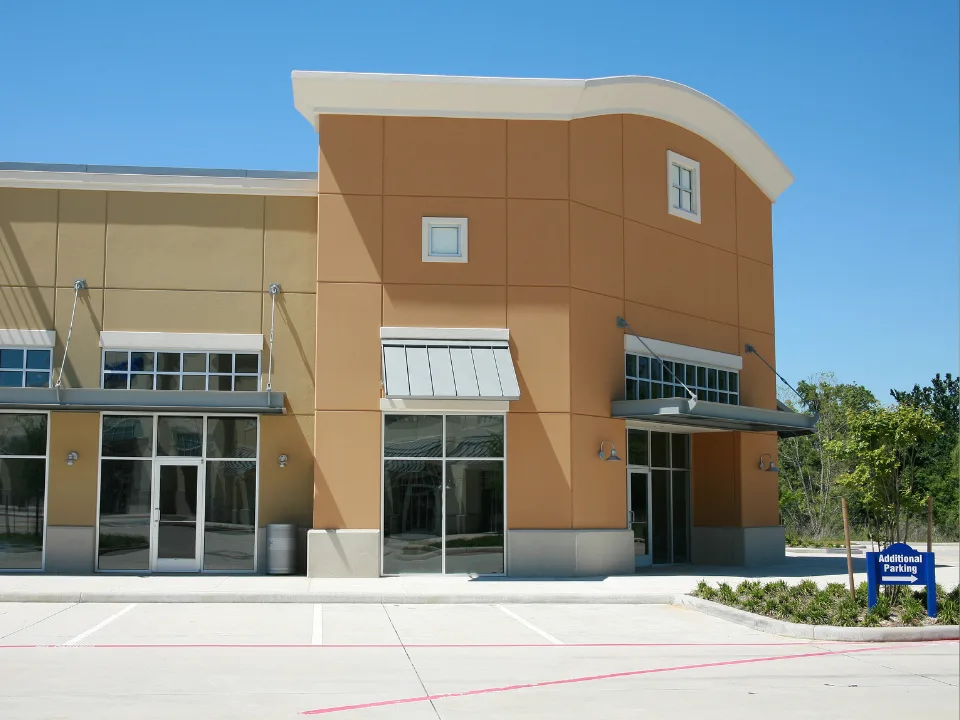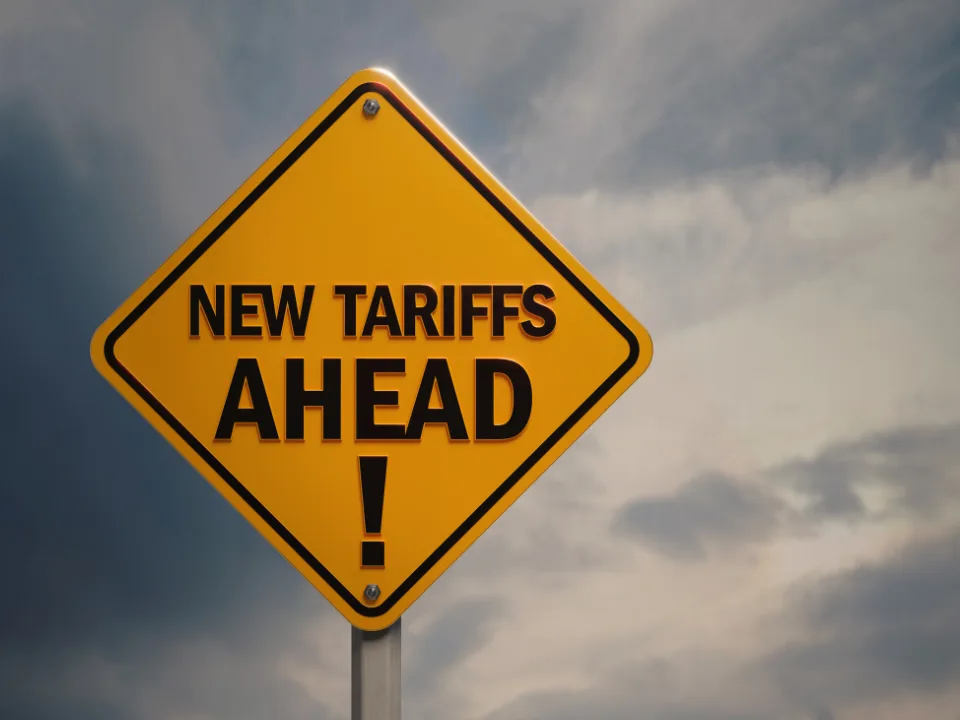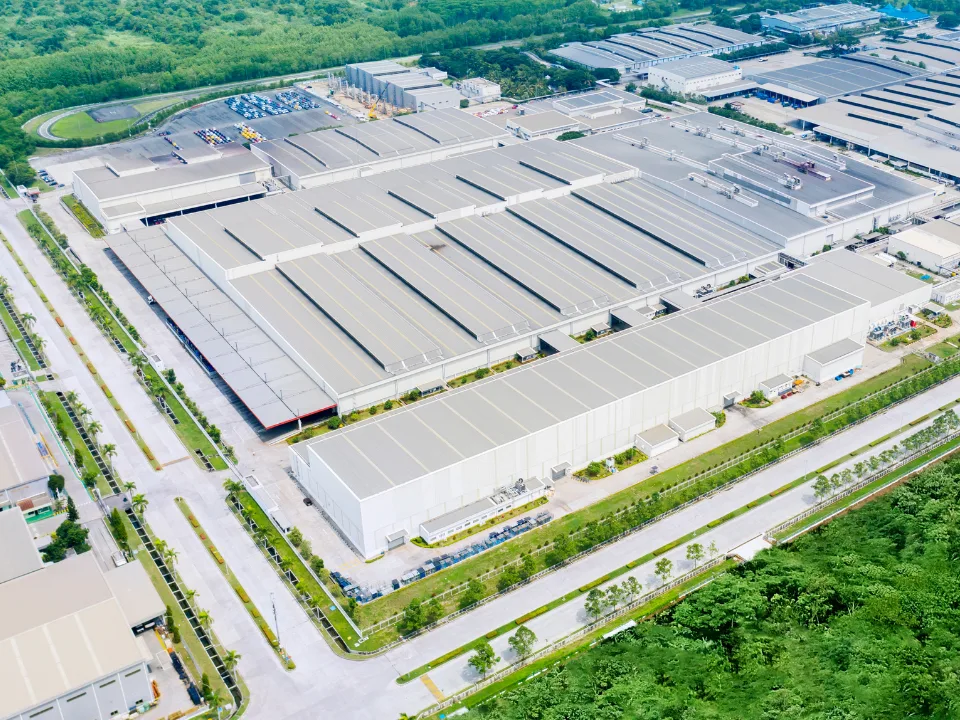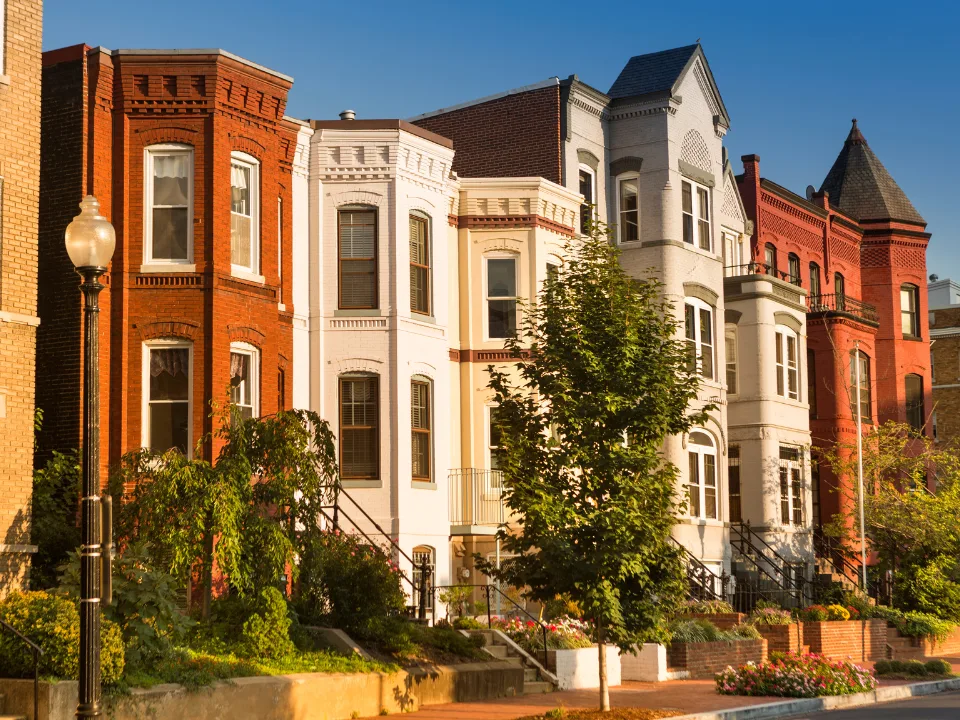- Local Law 97 mandates emissions reductions for New York City’s large buildings starting in 2024, with steep penalties for non-compliance by 2030.
- Condo and co-op owners face potential rent hikes and fee increases as they invest in costly upgrades to meet the law’s carbon caps.
- Lawmakers are pushing for tax incentives, including the reinstatement of the J-51 tax break, to offset the financial burden, though these solutions face hurdles.
- The city’s real estate industry continues to debate the financial impact of these mandates, as property owners push for more relief.
As New York City battles climate change, Local Law 97 is poised to make a significant impact on property owners, particularly those in condos and co-ops, according to Bloomberg. The new law requires big buildings to reduce their greenhouse gas emissions or face fines.
While the city’s goal of protecting residents is commendable, many owners are alarmed at the costs associated with upgrading their buildings to meet these stringent requirements.
The Costs of Compliance
Local Law 97 is part of New York City’s broader push to reduce carbon emissions, targeting nearly 50K buildings with a phased approach to lowering emissions.
However, some of the law’s most stringent requirements, including a 40% emissions cut by 2030, will be expensive.
At the Queensview cooperative in Queens, residents are grappling with the looming financial impact of the law. The 726-unit complex, home to many retirees, fears a steep increase in maintenance fees to fund necessary upgrades, like electrifying heat and hot water systems.
“People already have large mortgage payments,” said Alicia Fernandez, the co-op’s treasurer. “Many won’t be able to afford this.”
Experts estimate that compliance will cost billions, and many buildings will need significant capital upgrades, including electrification.
Get Smarter about what matters in CRE
Stay ahead of trends in commercial real estate with CRE Daily – the free newsletter delivering everything you need to start your day in just 5-minutes
Impact on Condo Owners
Many condo and co-op owners fear that the costs of meeting these emissions standards will lead to higher maintenance fees, which property managers will pass on to residents.
In some cases, landlords may also raise rent for tenants, though rent-controlled buildings will face limitations on how much they can increase rents.
While some upgrades, such as improving energy efficiency and insulation, are relatively low-cost, most buildings will need to transition from fossil fuels to electricity to meet the 2050 targets.
For buildings like Queensview, electrification could cost upwards of $60M, pushing monthly maintenance fees up by more than $1.1K for a single apartment.
Tax Break Relief
In response to growing concerns, NYC lawmakers proposed tax breaks to help offset the costs of compliance. The J-51 tax break, which was reinstituted in December 2024, offers property tax reductions for affordable multifamily buildings undertaking major capital improvements.
This incentive could provide a critical lifeline for property owners looking to make the necessary upgrades. However, the law’s expansion to cover more buildings has been met with resistance due to potential impacts on the city’s budget.
State lawmakers are also working on new legislation that would provide property tax abatements specifically for projects aimed at reducing emissions. This bill, expected to be reintroduced early in 2025, has garnered support from real estate groups.
Looking Ahead
As the 2030 deadline for emissions reductions approaches, the debate over financial relief continues. Building owners are under increasing pressure to either invest in costly upgrades or face hefty fines.
According to city estimates, around 15K buildings will need to invest between $12B and $15B to comply with the 2030 emissions limits.
While tax incentives like the J-51 break and other proposed programs may help, there is uncertainty over whether they will be enough to fully offset the costs. With some property owners considering paying penalties rather than upgrading, officials are exploring additional financial solutions, including using state funds for energy efficiency projects.
For now, condo and co-op owners in New York City must prepare for rising fees and the long-term financial commitment of complying with Local Law 97. As Fernandez notes, “Any relief is helpful.”
